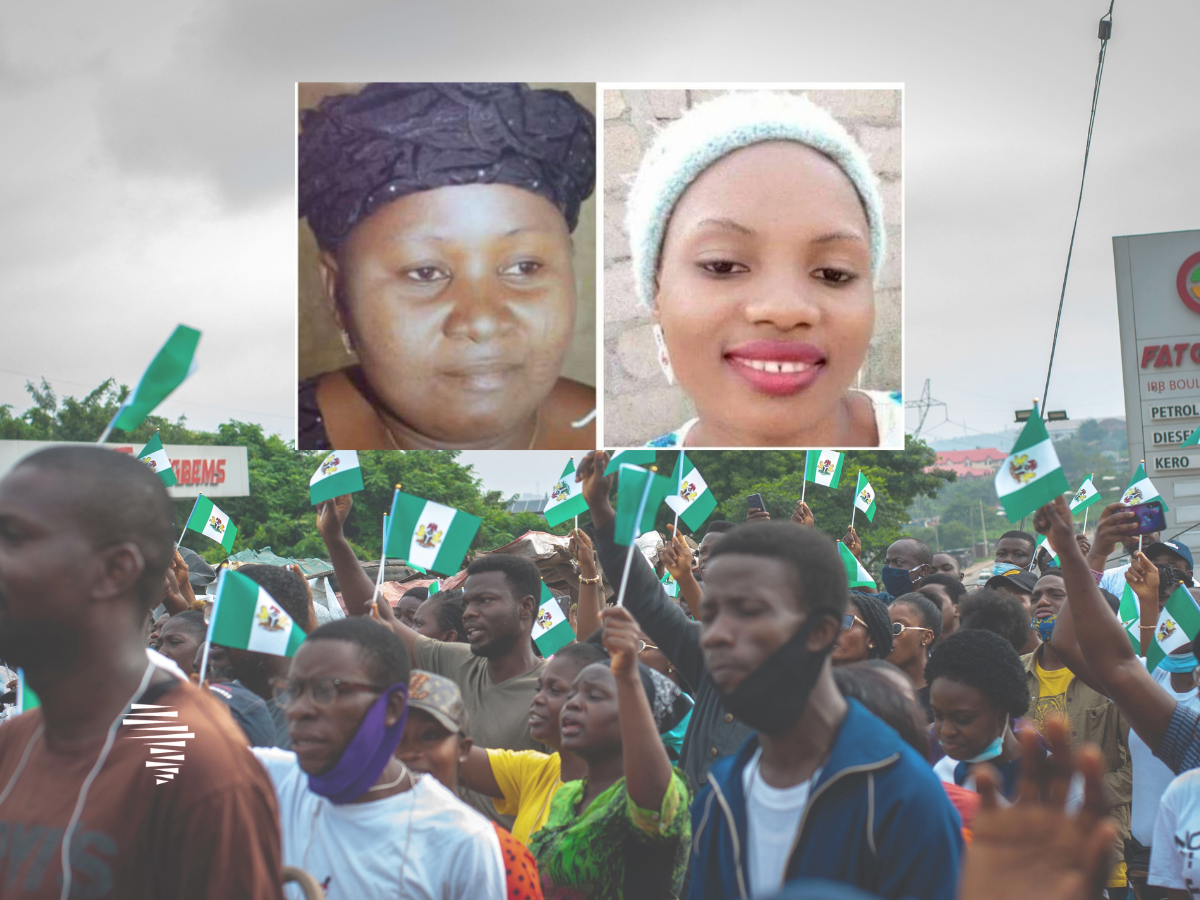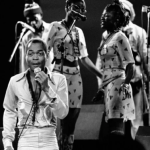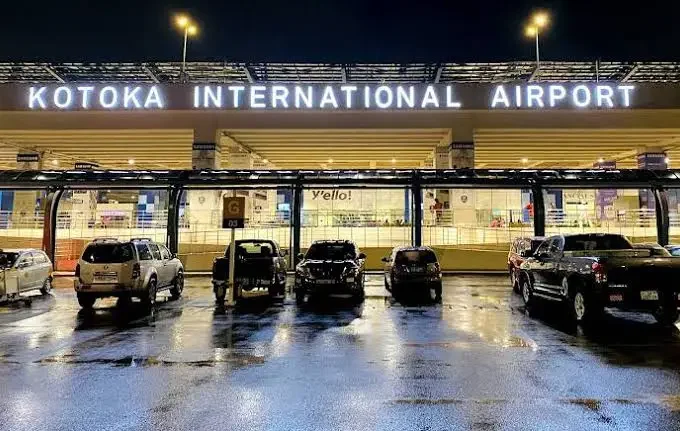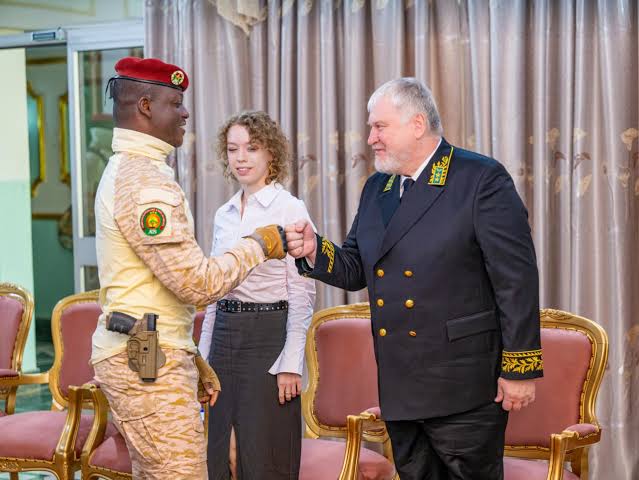
After 18 Months of Detention, Rhoda Jatau Regains Freedom

Rhoda Jatau, a mother of five who was illegally arrested and locked up for 18 months in Bauchi for asking for justice for Deborah Yakubu, who was murdered by an Islamic mob in Sokoto State, finally regains freedom. Deborah, a 200-level student of Shehu Shagari College of Education, Sokoto, was brutally murdered after advising against sending religious materials on a WhatsApp page.
Religious tensions rose as a result of Rhoda Jatau’s illegitimate arrest in Bauchi. It was reported that she was facing charges under Sharia law for denouncing the death of a Christian in Sokoto who was killed by an Islamic mob. After the Nigeria Inter-Religious Council, Christian Solidarity Worldwide Nigeria and the Christian Association of Nigeria intervened, Rhoda was freed on bond last night, Friday, December 8, 2023.
It is worthy of note that Rhoda has been under illegitimate arrest since May 2022, imprisoned illegally for her criticism of the Islamic mob’s murder of a Christian, Deborah Yakubu, in Sokoto State.
Viewpoints
Nigeria, as an Ethno-religious country, has, since the 1914 amalgamation of the northern and southern regions of Nigeria by the British colonial government, faced the issues of peaceful coexistence among their various ethnic groups on the one hand and between Christians and Muslims on the other. The problem is not living together but with people of different beliefs coexisting without conflicts of beliefs. Historically, as a result of the violent confrontation between “ethnic groups in conflict,” such as the 1967–1970 civil war, which was fought primarily by the Hausa–Fulani people in the north, who represented the Muslim population, and the Igbo people from the southeast, who represented the Christian population, and the recent Boko Haram terrorism, which has claimed thousands of lives, including those of Muslims and Christians, and destroyed priceless property, important infrastructure, and development projects, the question of coexisting peacefully has come up in Nigerian politics. Above all, Boko Haram represents a major threat to the security of the country, a humanitarian crisis, psychological trauma, interruption of school operations, joblessness, and a rise in poverty that exacerbates the state of the economy. The old argument about what it means for Muslims and Christians, Igbos and Hausa-Fulanis, Yorubas, and other ethnic minorities to coexist and live together in peace and harmony has been rekindled by the terrorist atrocities carried out by Boko Haram.
Resolution is always the best considerable option given that coexisting of different beliefs requires mutual understanding and respect for fellow citizens’ choice of religion or its practice. How that can and will eventually come to be is not far from all parties of religion involved, Christians or Muslims, coming together on a dialogue round table and discuss issues on addressing the retributive policies around religion in Nigeria to a restorative justice and form a coercive that allows for mediation and its surrounding dialogues to provides a resolute for coexisting, especially the political side of it being a tool of divide used against every citizen that identifies as a Nigerian.
About The Author
Mayowa Durosinmi
author
M. Durosinmi is a West Africa Weekly investigative reporter covering Politics, Human Rights, Health, and Security in West Africa and the Sahel Region
Mayowa Durosinmi
M. Durosinmi is a West Africa Weekly investigative reporter covering Politics, Human Rights, Health, and Security in West Africa and the Sahel Region
Related Articles
Ghana to Rename Kotoka International Airport
Ghana’s government is preparing to rename the country’s main international gateway, Kotoka...
ByWest Africa WeeklyFebruary 4, 2026Russia Congratulates Ibrahim Traoré on Assuming AES Presidency
Russia has congratulated Burkina Faso’s President, Captain Ibrahim Traoré, on his assumption...
ByWest Africa WeeklyFebruary 4, 2026AES Condemns Niamey Airport Attack, Warns of Coordinated Destabilisation
The Alliance of Sahel States has strongly condemned the armed attack on...
ByWest Africa WeeklyFebruary 2, 2026Mali Cedes Strategic Land to Guinea to Deepen Trade Cooperation
Mali has approved the transfer of a strategic parcel of land to...
ByWest Africa WeeklyFebruary 2, 2026











